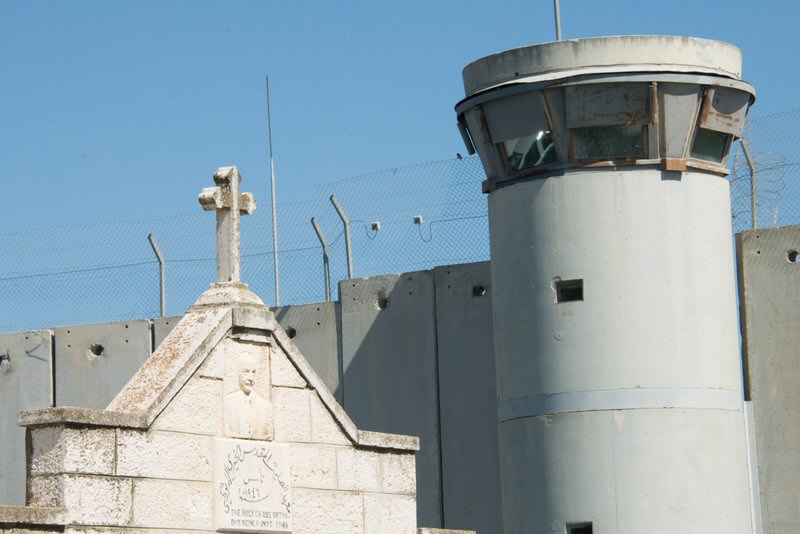Heads of churches in Israel and the Occupied Palestinian Territories have reacted with dismay and concern to the Israeli Knesset’s adoption, on 19 July, 2018, of a new Basic Law: Israel as the Nation-State of the Jewish People, which specifies that “The right to exercise national self-determination in the State of Israel is unique to the Jewish people,” according to a World Council of Churches (WCC) statement published on Friday.
Greek Orthodox Patriarch of Jerusalem Theophilos III observed that the new law does not mention the Christians and Muslims who have lived on the land before and ever since the establishment of the State of Israel, and said that the new law “strengthens the institutionalization of racism and dispels hopes of equality.”
Bishop Sani Ibrahim Azar of the Evangelical Lutheran Church in Jordan and the Holy Land called it “fundamentally divisive, racist, and destructive.”
Bishop Azar remarked, according to WAFA, that the new law “deliberately excludes the 1.5 million citizens of Israel who identify as Arab Israeli” and “ignores the presence of citizens and residents who are members of other religious groups and the significant contributions they make to Israeli society.”
A statement by the Latin Patriarchate of Jerusalem stressed that “the law fails to provide any constitutional guarantees for the rights of the indigenous and other minorities living in the country” and “sends an unequivocal signal to the Palestinian citizens of Israel, to the effect that in this country they are not at home.” The downgrading of Arabic from an official language to a language with “a special status” strengthens that signal.
Church leaders also highlighted the dangers of the provision of the new Basic Law, stipulating that “The state views the development of Jewish settlement as a national value and will act to encourage and promote its establishment and consolidation.” In Bishop Azar’s words, “It is difficult to understand how the encouragement and promotion of segregated, mono-cultural, mono-religious communities within Israel proper (or within Palestinian territory, in the form of illegal settlements) moves the State of Israel toward a peaceful future.”
Patriarch Theophilos expressed concern that this provision will strengthen the hand of settlement groups seeking to seize church properties in Jerusalem and elsewhere. He stated that key proponents of this new law represent the same bodies that have sought to enact a law allowing the State of Israel to confiscate the lands of all churches – which Prime Minister Netanyahu pledged to prevent, in discussions following the decision by the heads of the churches to close the Church of the Holy Sepulcher in February, this year.
Reverend Dr. Olav Fykse Tveit, general secretary of the World Council of Churches, stressed that “This is about the Holy land and holy places of three religions. Jerusalem must be a shared one. It cannot be the exclusive possession of one faith over against the others, or of one people over against the other. Jerusalem is, and must continue to be, a city of three religions and two peoples.”
“Jerusalem is regarded as a holy city and loved, genuinely and deeply loved, by all three Abrahamic faiths – Jews, Christians and Muslims,” Tveit underlined. “That love and profound attachment must be respected and affirmed in any solution that might be envisaged, if it is to be viable.”
(image source: BNC)

